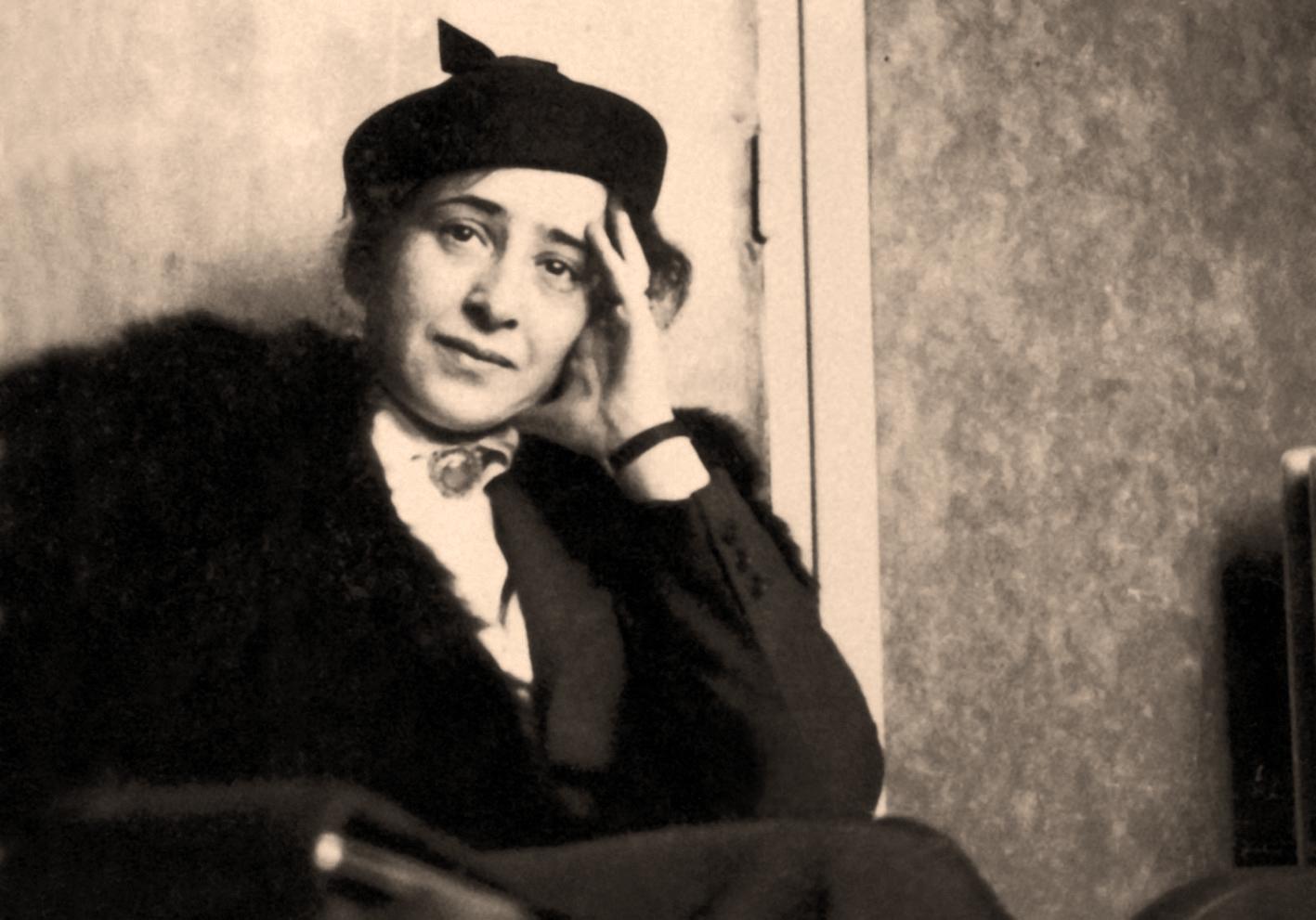 This post should help give a little more information on each question or will explain it in a simpler way.
This post should help give a little more information on each question or will explain it in a simpler way.-Pluralism is when there is a tolerance of different races, groups, religions etc. In a totalitarian regime, there is an absence of pluralism and different minorities or not tolerated, the Jews for example. As well as the gays and disabled people under Hitlers dictatorship.
- John Carey means masses as, 'the mob'. Masses is what happens when the mob become literate. Mass media, mass circulation is what makes the mob a political force. Carey says the the intellectuals fear the masses as they are dangerous, a formless weight and will destroy the intellectuals aristocratic influence. They become more and more dangerous when they become literate and want more than what they have all ready got.
- In this answer you should talk about all the different writers mentioned as well as nationalism, totatlitarianism and the teleological myth
-Nationalism is a lot like patriotism. They love and want to defend their state and their government/monarchy. When talking about nationalism in terms of this quesiton you can note how the antionalism has changed from the medieval state to the modern state. The medieval state's naitonalism would be for their religion. Protestants would be nationalist of England and their Queen/King as they believed that God had chosen their monarchy and they had a teleological society. Whereas in the modern society the nationalism is to protect their race against other races. They were nationalist of their Anglo-Saxon looks compared with the Jewish ones.
- Hobbes - He believed in having a strong and powerful state. He believed that if we did not have a strong and powerful state, with a nasty, brutal, sharp government the law of the jungle would prevail. He believed that The State of Nature was putting people in a constant conflict, and that we needed a common power, an absolout power. He was humanist (look at people the way they are) and was an Empiricist, (we know everything from sensory detail.)
- Hegel - teleological element - Prussian state is God on Earth. He believes the same as Hobbes.
- Rousseau - Believed that we should have a social contract and tat the state is all of our problem. We should not have a state who is always in power. He also believed that everyone should be free and enter their ideas in the General Free Will. He is a romanticist. We are born free but society changes us and that society is the main problem witht the world. When we gained society we gained self esteem - we saw ourselves in the eyes of others which is detrimental. He is also the opposite to Hobbes. He thinks that property and state control are the downfall of mans peaceful prehistoric life. We used to be noble savages, with no need for a state.
- J.S.Mill - classic liberal like Rousseau.
- Karl Marx - Believes the same as Hobbes and Hegel but does not believe about the God. He believes that the state is an instrument, the state is the ruling class and oppresses the proletariat. Hegelian - God or the self realisation of people.
- All of these old thinkers believe the theory is a contract. The state is a physical imbodiment on the march toward truth and freedom.
- Liberal - State does nothing and useless but have to have it - Rousseau and Mill - a convenient agreement. Mass literacy is the modern homogenised mass. The attempt to eliminate diversity, national literature, mass culture the State dominates civil society.
Question 3 - Attempt an analysis of the impact on Nietzsche and the modernist literary movement on journalism, popular culture and the mass media.
- Nietzsce's style of writing is non-linear, incoherent, body centered and fractured. There are little outbursts. He is subjective, the meaning of the book is in the mind of the reader. There is not one meaning for everyone, people have different meanings to them. The reader is the individual with the individual meaning to them this is 'cool'. There are a series of abstract symbols that thread together to get your own opinion, This is the same as abstract art, the viewer makes their own meaning and opinion on it, they are not told what to think or what it means. If it is 'hot' they are imposing the meaning on to the reader/viewer. This is an alturistic style.
- A morality is when you're told how you are feeling, what you are doing - "God is dead" - No single forve driving from the outside. There is morality but not jsut one single source. War on metaphysics, no ghosts, spirits, God, we are jsut here, we do not know why, we jsut are. -Modernism.
- Phenomenology means that each event is a pointless phenomena. The content is body centered, they are A moral. Not bad, not good - just normal.
- New journalism is made possible and writing facts, no speculating. Stick to the facts, do not moralise, tlel it like it is. Sensational writing, saying what you can see, a sensationalist story. Slogans like, "God is Dead" which are the headlines.
Question 4 - Explain the enduring fascination for many intellectuals and some journalists of the film Citizen Kane.
